Ask Dr. Nanos Anything: Your Health Questions Answered
"Nothing is off limits." Dr. Georgine Nanos answers YOUR questions
In this special Ask Me Anything episode of The Kind Revolution Podcast, Dr. Nanos sits down to answer real questions submitted by listeners. Dr. Nanos didn't see the questions beforehand - she's truly in the hot seat answering everything from sleep vs exercise priorities to the Tylenol-autism lawsuit controversy. She breaks down why the current healthcare system traps doctors in 15-minute appointments seeing 30 patients daily - and why that's crushing physician souls. She addresses burning questions about supplements (most are unregulated garbage), alcohol consumption (nursing the same glass all night), and why she stopped wearing her Oura ring (data-induced anxiety).
The conversation covers controversial topics mainstream doctors avoid: cannabis truth, hormone replacement therapy misconceptions from the flawed 2002 Women's Health Initiative study, cold plunge maximums (6 minutes only), and why 99% of doctors never see pharmaceutical money despite conspiracy theories.
WHAT YOU'LL LEARN:
✓ Why sleep matters more than diet or exercise
✓ The cholesterol test everyone should get in their 20s
✓ Why most supplements are unregulated and potentially toxic
✓ Why doctors seem rushed (it's the system, not them)
✓ Hormone replacement therapy truth post-WHI study
✓ Cannabis and developing brains under 25
✓ How to advocate for yourself as a woman patient
✓ AI's role in medicine (enhancement, not replacement)
Links:
Cardiac Article from Dr. Nanos
Dr. Nanos go to supplement company
SHARE THIS VIDEO: Essential viewing for anyone who's ever left a doctor's office feeling unheard, dismissed, or rushed.
This content is educational. Consult qualified healthcare providers for personalized medical advice.









